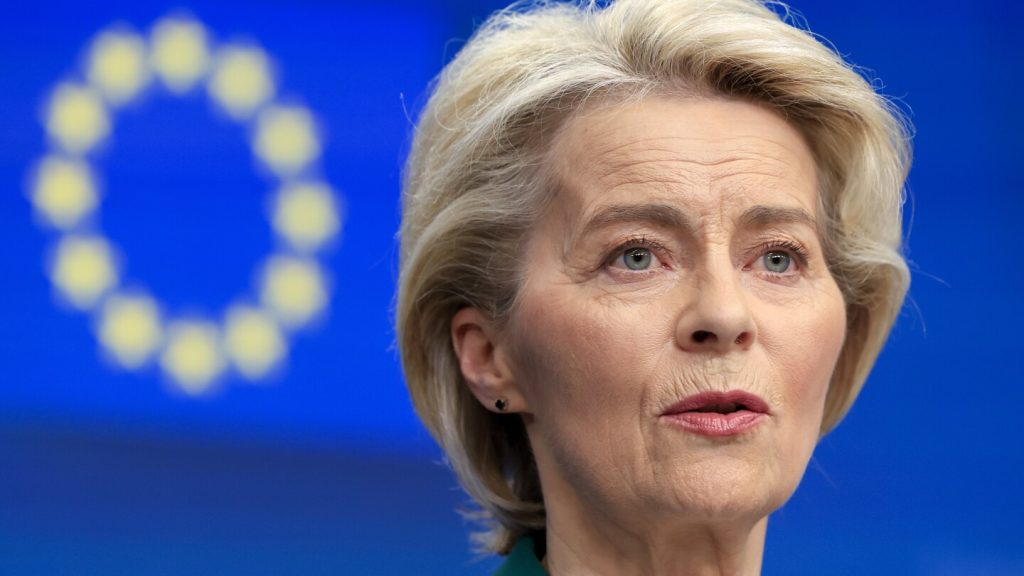The European Commission has proposed to start negotiations with the United Kingdom to allow young people to move freely, work, and study in both regions after Brexit. The EU believes that the withdrawal of the UK from the EU following the 2016 referendum has impacted mobility between the two areas, particularly affecting opportunities for young people to experience life on the other side of the Channel. The proposed agreement would allow EU and UK citizens between 18 and 30 years old to stay up to four years in the destination country, as well as ensure equal treatment of EU and UK students in terms of university tuition fees.
Currently, most EU students must pay international tuition fees if they want to study in the UK, which can range from 11,400 to 38,000 pounds per year. These high fees are seen as a strong deterrent for EU students, who typically do not have to pay as much within the EU. The EU’s proposal aims to address these issues and promote youth, cultural, educational, research, and training exchanges between the EU and the UK. The Commission’s recommendation will now be discussed by EU member countries before negotiations with the UK can officially begin.
The British government has expressed its openness to negotiating Youth Mobility Schemes with international partners, including EU member states. The UK already has its own Youth Mobility Scheme, which it has offered to some EU member states. However, the Commission believes the UK’s plan is less ambitious than its own proposal. The British government emphasizes that these agreements provide valuable opportunities for cultural exchanges, as long as partner countries are willing to offer similar opportunities for young British people.
Overall, the proposed agreement between the EU and the UK aims to address the impact of Brexit on mobility and opportunities for young people in both regions. By allowing for free movement, work, and study for EU and UK citizens between 18 and 30 years old, the agreement seeks to provide new opportunities for youth exchanges and collaborations. The UK government has expressed its willingness to negotiate such agreements, highlighting the importance of cultural exchanges for young people. The final decision on the proposed agreement will depend on the approval of EU member countries, signaling a potential new chapter in EU-UK relations post-Brexit.


